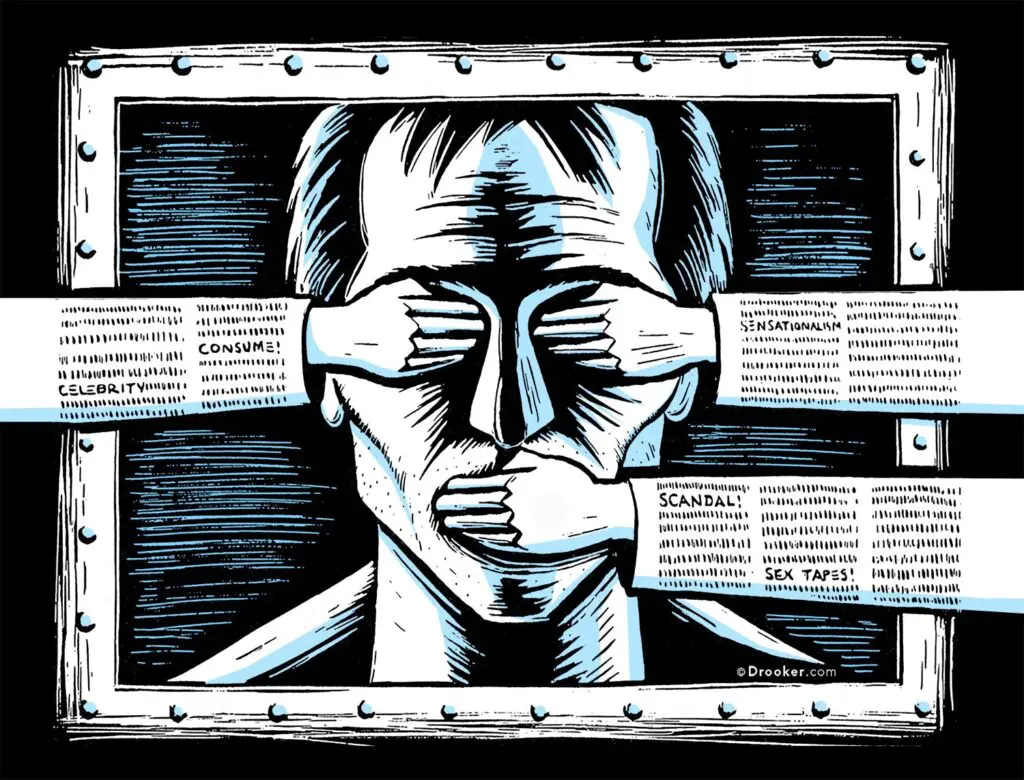In recent years, the use of Virtual Private Networks (VPNs) has become increasingly prevalent among the people of Iran. With a history of internet censorship and restrictions imposed by the government, individuals in Iran have turned to VPNs as a crucial tool to access unrestricted content and enhance their online privacy.
The Landscape of Internet Censorship in Iran
Iran has been known for its strict control over online content, with the government imposing restrictions on various websites, social media platforms, and news outlets. This has created challenges for individuals seeking free access to information and a more open internet. In response to these limitations, many people in Iran have embraced VPNs as a means to navigate the digital landscape.
Accessing Restricted Content
One of the primary reasons for the widespread use of VPNs in Iran is to bypass government-imposed restrictions on certain websites and platforms. VPNs create a virtual tunnel between the user and the internet, allowing individuals to appear as though they are accessing the internet from a different location. This enables users to access content that may be otherwise blocked or restricted, providing a gateway to a more open and unrestricted online experience.
Privacy and Security Concerns
In a climate of increased online surveillance, privacy has become a paramount concern for individuals in Iran. VPNs offer a layer of encryption for internet traffic, protecting users from potential monitoring and enhancing their overall privacy. By encrypting data transmitted over the internet, VPNs make it significantly more challenging for third parties to intercept or trace online activities.
Communication Freedom
VPNs in Iran also play a crucial role in enabling unrestricted communication. Certain messaging and Voice over Internet Protocol (VoIP) services may be restricted, but with the use of VPNs, individuals can access these communication tools without limitations. This is particularly important for staying connected with friends, family, and colleagues, both within and outside the country.
Legal Considerations
While VPNs provide a way to circumvent internet restrictions, users should be aware of the legal landscape surrounding their use. Laws and regulations related to internet usage and VPNs can change, and individuals should understand the potential legal implications of VPN usage in their region.
Conclusion
The widespread use of VPNs in Iran reflects the desire of individuals to overcome internet restrictions, access information freely, and enhance their online privacy. In a digital age where connectivity is a fundamental aspect of daily life, VPNs have become indispensable tools for navigating the digital boundaries imposed by restrictive internet policies.
As the situation may have evolved since our last knowledge update in January 2024, individuals should stay informed about the latest developments and legal considerations related to VPN usage in Iran. The use of VPNs is a dynamic and evolving aspect of the broader conversation about digital freedoms and internet access.

